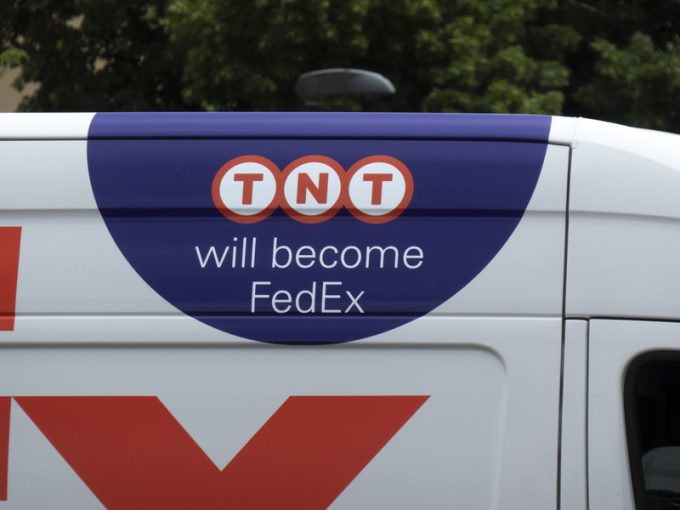Analysis: DHL Group – the bear dance
It strengthens after dismal FedEx update

FedEx chief executive Fred Smith has pointed the finger of blame at the macro-economic environment after a difficult first quarter for the company.
Revenues may only have dropped marginally to $17.05bn, but over the three months to September net income plummeted by more than 10% to $745m.
“Our performance continues to be negatively impacted ...


Comment on this article